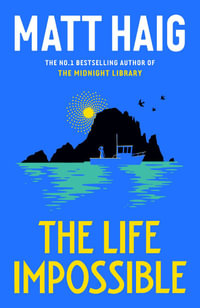Zakhar Prilepin's "emotional Sin draws on his own experiences as a bouncer, journalist and soldier. Sin is not a novel in the conventional sense, but a connected series of short stories, skipping from married happiness back to teenage encounters with sex and death, and then forward again to adult scenes of vodka-drinking or grave-digging." Phoebe Tapli, The World Today
"In a sense, being a well-formed character for Prilepin is a kind of death sentence - you are finished, fully-drawn. It is Zakhar the blank slate who will survive, the one stubbornly resisting everything from journalism to poetry to work to commitment, but who you sense is reading, feeling his way towards writing and family and is on the way to becoming the Zakhar who will eventually be capable of writing this phenomenal book." literalab
"Zakhar Prilepin represents much of what is confusing and contradictory about contemporary Russia. And on the other hand, it's all absolutely simple. He's a pro-Stalinist member of the anti-Putin opposition, a writer who exposes the dark side of modern Russian life while volunteering in the army of the pro-Russian Donetsk People's Republic. Western readers may find these apparent contradictions frustrating..." Dr E.P. Clark
"The book itself is essentially a novel-in-stories, tracking the life of Zakharka from a small central Russian village to a distant military outpost in Chechnya. These episodes are non-chronologically arranged, and the novel opens with Zakharka as a young journalist in the midst of a passionate love affair in an unnamed provincial town." Lewis White, The Scotland-Russia Review
"And he [Prilepin] is probably the most important writer in modern Russia, a sensitive and intelligent critic of his country's condition. To understand Russia today, you need to understand Prilepin - first and foremost because he doesn't fit into the preconceptions most outsiders have about the place. Prilepin is an intensely male writer - like Ernest Hemingway, he's intoxicated with the rituals and bonds of maleness, and, by extension, war, which he sees as the ultimate test of manhood." Russia's Young Hemingway, Newsweek Magazine

























